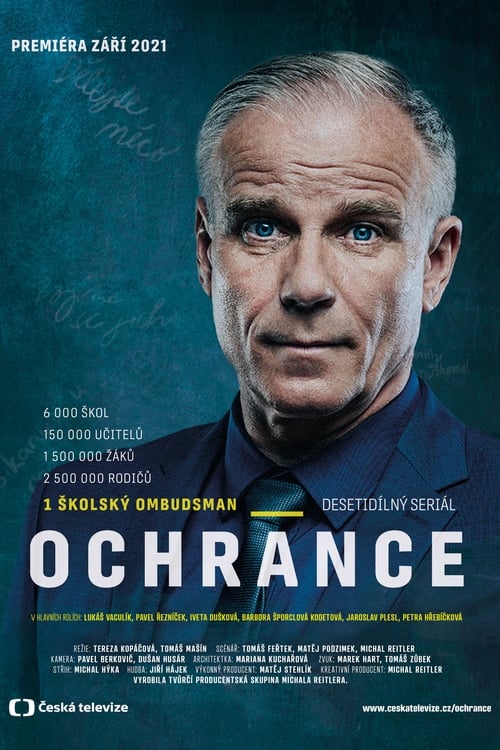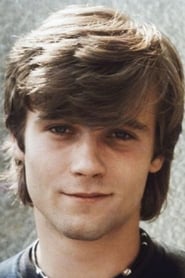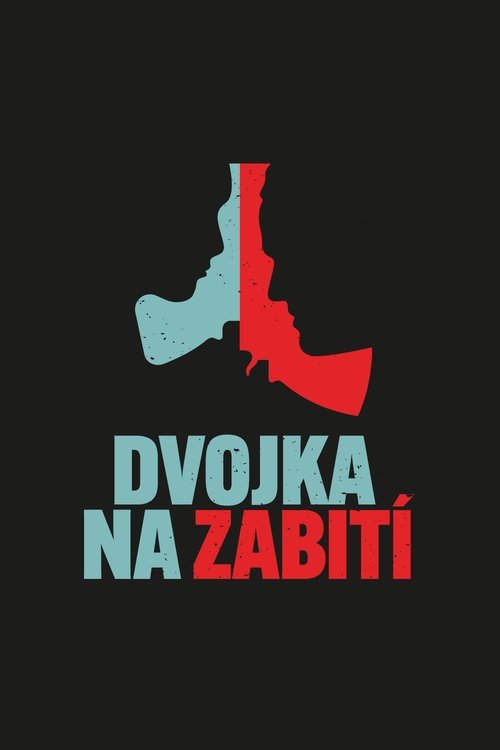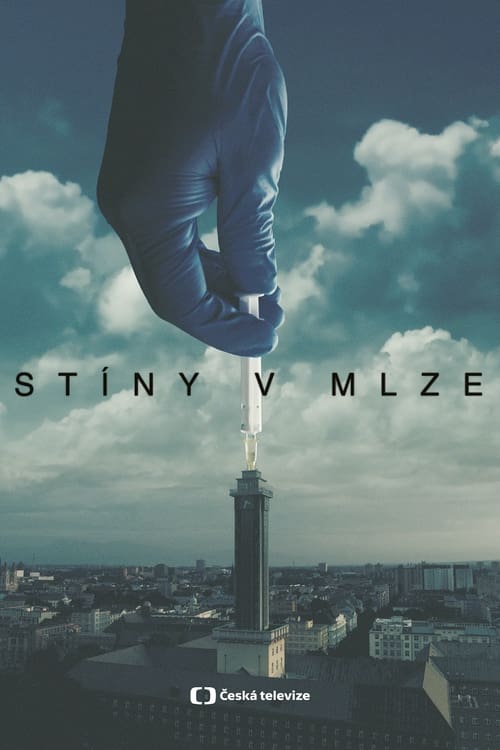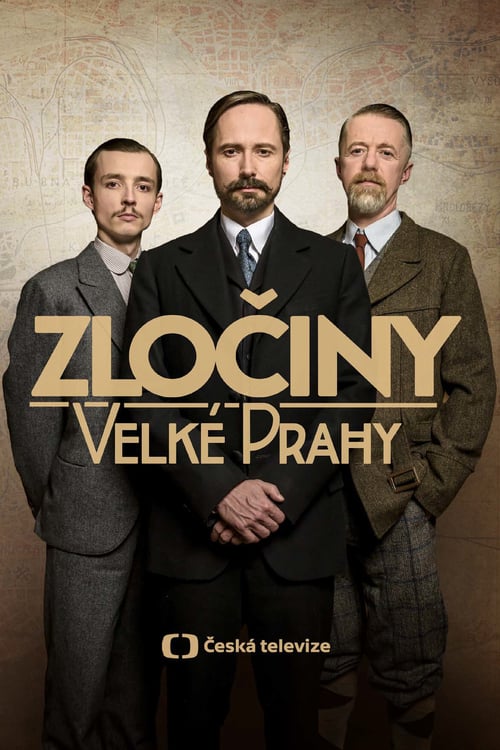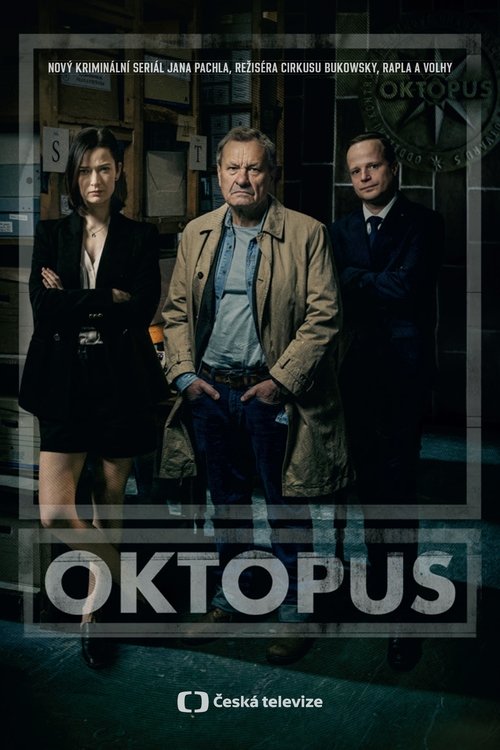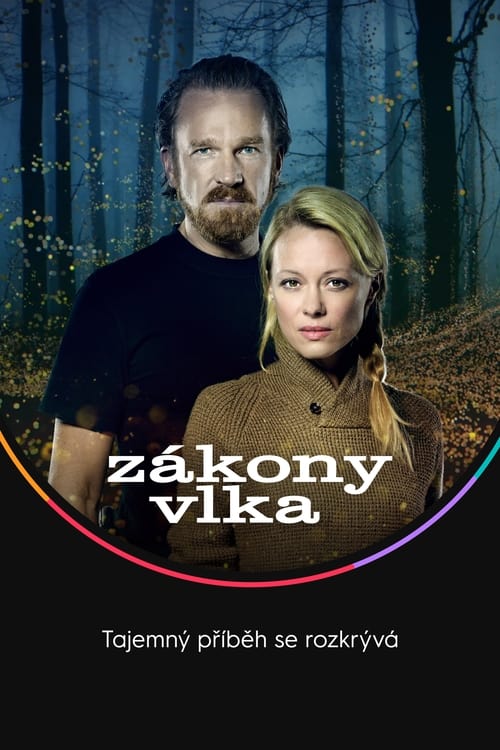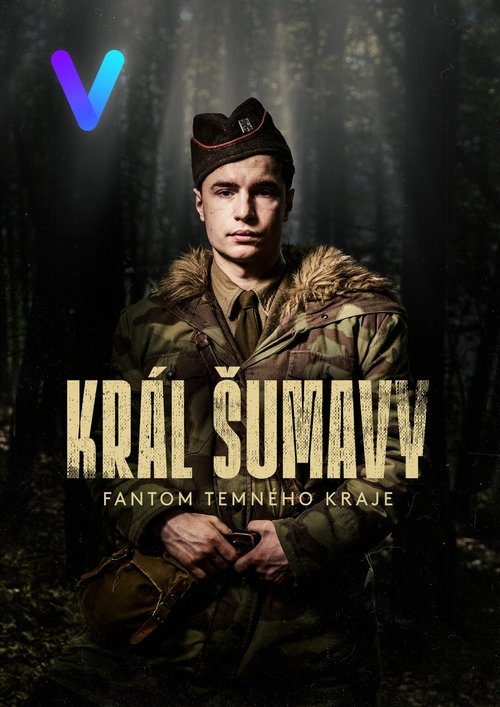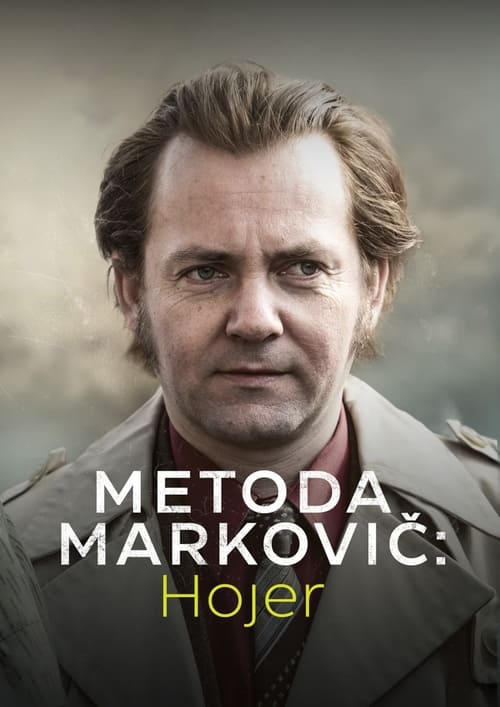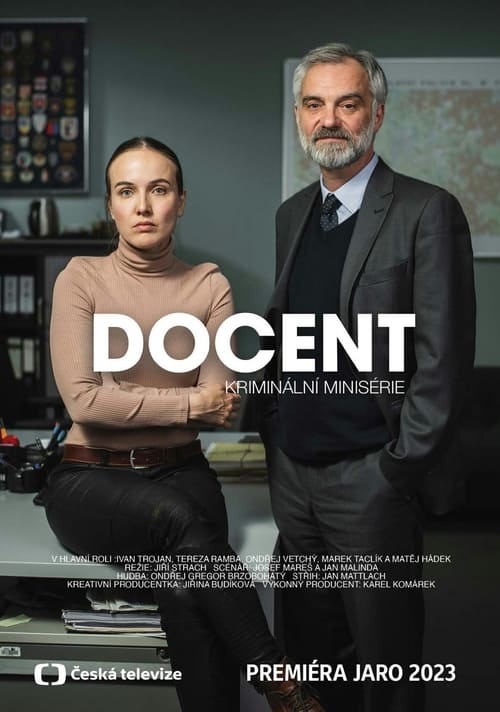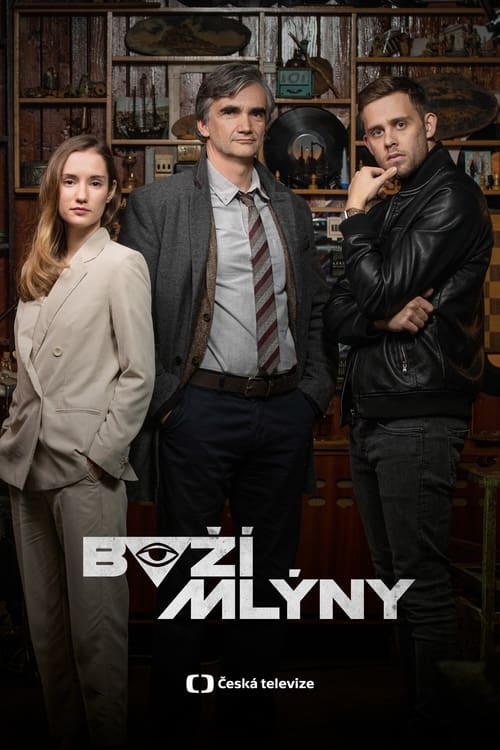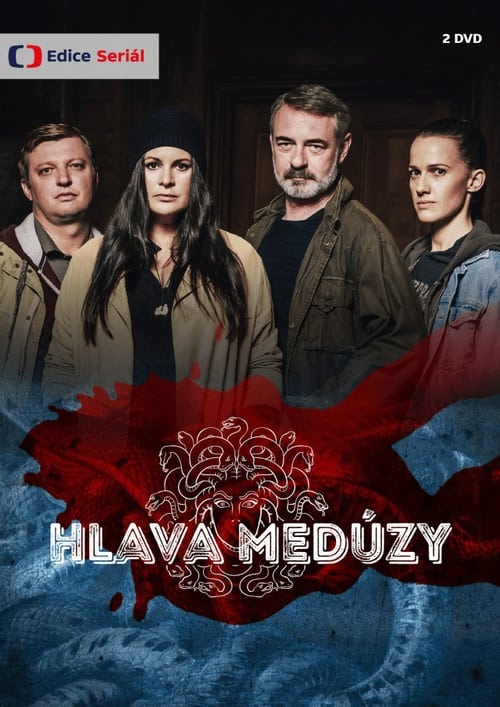
Ask Your Own Question
What is the plot?
In the opening scene of "Ochránce," we are introduced to the protagonist, a dedicated and skilled bodyguard named David, who is tasked with protecting a high-profile politician. The atmosphere is tense as David navigates through a crowded event, his keen instincts on high alert. He scans the crowd, noting potential threats while maintaining a calm demeanor. The event is disrupted when a sudden explosion occurs, sending people into a panic. David instinctively shields the politician, showcasing his commitment to his duty.
Following the explosion, David is seen in a debriefing session with his superiors. They express their concerns about the increasing threats against public figures and the need for heightened security measures. David, feeling the weight of responsibility, vows to uncover the source of the threats. His determination is palpable as he reflects on the chaos of the explosion and the lives at stake.
As the investigation unfolds, David begins to receive anonymous tips that lead him to a shadowy underworld of organized crime. He meets with a contact who provides him with crucial information about a potential assassination plot against the politician he protects. The contact, visibly nervous, warns David that the stakes are higher than he realizes. This revelation ignites a sense of urgency in David, compelling him to dig deeper into the criminal network.
David's investigation leads him to a clandestine meeting with a group of criminals. Disguised and cautious, he listens in on their plans, which include a detailed outline of the assassination attempt. Tension builds as David realizes the extent of the conspiracy and the imminent danger facing his charge. He narrowly escapes detection, his heart racing as he slips away, determined to thwart the plot.
Back at the politician's office, David confronts his superior about the information he has gathered. He insists on increasing security measures and suggests a change in the politician's public schedule to minimize exposure. His superior, however, is skeptical and dismisses David's concerns, prioritizing public image over safety. Frustrated but resolute, David decides to take matters into his own hands.
As the assassination date approaches, David intensifies his surveillance of the politician. He enlists the help of a tech-savvy friend to monitor communications and track suspicious activities. Together, they uncover a web of deceit that points to a mole within the politician's inner circle. The tension escalates as David realizes that time is running out, and he must act quickly to protect his charge.
On the day of the planned assassination, David is on high alert. He meticulously coordinates with his team, ensuring every detail is accounted for. As the politician makes a public appearance, David's instincts kick in, and he remains vigilant, scanning the crowd for any signs of danger. The atmosphere is electric, filled with anticipation and anxiety.
Suddenly, chaos erupts as the assassins make their move. David springs into action, pushing the politician to the ground just as gunfire erupts. The scene is chaotic, with people screaming and running for cover. David engages in a fierce confrontation with one of the assailants, grappling for control of the weapon. The struggle is intense, showcasing David's physical prowess and determination to protect his charge at all costs.
In the midst of the chaos, David manages to subdue the attacker, but not without sustaining injuries. He is visibly shaken but remains focused on ensuring the politician's safety. As the dust settles, law enforcement arrives, and David provides crucial information about the assailants and their motives. The adrenaline still coursing through him, he feels a mix of relief and exhaustion.
In the aftermath, David is hailed as a hero, but he grapples with the emotional toll of the events. He reflects on the lives that were endangered and the sacrifices made. The politician expresses gratitude, but David remains haunted by the knowledge that the threat is not entirely eliminated. He resolves to continue his fight against the criminal elements that seek to undermine public safety.
The season concludes with David receiving another anonymous tip, hinting at a larger conspiracy that extends beyond the assassination attempt. The weight of his responsibilities looms over him as he prepares for the challenges ahead, setting the stage for future conflicts and deeper investigations into the criminal underworld.
What is the ending?
In the ending of "Ochránce," season 1, the main character, Michal, confronts the truth about his past and the corruption within the police force. He faces a moral dilemma that leads to a climactic showdown with the antagonist, ultimately resulting in a resolution that leaves him questioning his future and the integrity of the system he once believed in.
As the final episodes unfold, Michal is deeply entrenched in a web of deceit and betrayal. The tension escalates when he discovers that his mentor, who he idolized, is involved in the very corruption he has been fighting against. This revelation shatters Michal's perception of justice and loyalty.
In a pivotal scene, Michal confronts his mentor in a dimly lit warehouse, the air thick with tension. The mentor tries to justify his actions, claiming that the ends justify the means. Michal, filled with rage and disappointment, struggles with the realization that the man he looked up to is not the hero he thought he was. The emotional weight of this confrontation is palpable, as Michal grapples with feelings of betrayal and loss.
As the confrontation escalates, a physical altercation ensues. Michal, fueled by a mix of anger and desperation, fights back against his mentor. The struggle symbolizes Michal's internal battle between upholding the law and succumbing to the corruption that surrounds him. In a moment of clarity, Michal manages to subdue his mentor, but instead of delivering a fatal blow, he chooses to arrest him, signifying a crucial turning point in his character development.
The climax reaches its peak when Michal decides to expose the corruption within the police force. He gathers evidence and presents it to the authorities, risking his own safety and career. This act of bravery is not without consequences, as he faces backlash from his colleagues and superiors who are entrenched in the corrupt system. The emotional toll of this decision weighs heavily on him, as he realizes that he may have to sacrifice his career for the sake of justice.
In the final scenes, Michal stands alone in the aftermath of his choices. The camera captures his somber expression as he reflects on the cost of his actions. He has lost friends and allies, and the future of his career is uncertain. However, there is a sense of resolve in his demeanor; he understands that he must continue to fight for what is right, even if it means standing alone.
The fate of the main characters is intertwined with Michal's journey. His mentor is arrested, facing the consequences of his actions. Other characters, who were complicit in the corruption, are also brought to justice, but not without a struggle. Michal's partner, who initially supported him, is left conflicted, torn between loyalty to Michal and the corrupt system they are part of.
As the season concludes, Michal walks away from the police station, the weight of his choices evident in his posture. The final shot lingers on him as he steps into the uncertain future, embodying the ongoing struggle between justice and corruption, leaving viewers with a sense of hope mixed with the harsh reality of the world he inhabits.
Is there a post-credit scene?
In the first season of "Ochránce," there is no post-credit scene. The episodes conclude without any additional content after the credits roll. The focus remains on the main narrative and character arcs throughout the season, leaving no room for a post-credit teaser or scene. The storytelling is tightly woven, emphasizing the emotional and dramatic developments of the characters within the main episodes.
What significant events lead to the climax of the season?
The climax is built upon a series of escalating confrontations between Jakub and Viktor, culminating in a high-stakes showdown that tests Jakub's resolve and commitment to his role as a protector. Key events include the kidnapping of a key witness, a betrayal from within Jakub's circle, and a race against time to prevent a major crime, all of which heighten the tension leading to the final confrontation.
What motivates the main character, Jakub, to become a protector in the series?
Jakub is driven by a deep sense of justice and a personal tragedy that fuels his desire to protect those who cannot protect themselves. His backstory reveals a traumatic event from his past that instills in him a relentless pursuit of safety for others, particularly after witnessing the consequences of violence and crime.
What role does the antagonist, Viktor, play in Jakub's journey?
Viktor serves as a formidable antagonist whose criminal activities directly challenge Jakub's mission. His cunning and ruthless nature push Jakub to his limits, forcing him to confront not only external threats but also his own moral dilemmas. Viktor's actions are pivotal in shaping Jakub's character arc, as he grapples with the consequences of his choices.
How does the relationship between Jakub and his partner evolve throughout the season?
Initially, Jakub and his partner, a seasoned officer named Marek, have a strained relationship marked by distrust and differing ideologies about law enforcement. As the season progresses, they face various challenges together, leading to moments of vulnerability and understanding, ultimately forging a strong bond built on mutual respect and shared experiences.
How does the theme of loyalty manifest in the relationships between characters?
Loyalty is a recurring theme that manifests through the bonds between Jakub, Marek, and their colleagues. Throughout the season, characters are faced with choices that test their loyalty to one another, whether it be standing up against corruption within the police force or risking their lives for each other. These moments of loyalty are pivotal in defining their relationships and the overall narrative.
Is this family friendly?
"Ochránce" (Season 1) contains several elements that may not be suitable for children or sensitive viewers. Here are some potentially objectionable aspects:
-
Violence: The show features scenes of physical confrontations and altercations that may be intense and graphic, showcasing the darker side of human conflict.
-
Crime and Corruption: Themes of crime, including drug trafficking and corruption within law enforcement, are central to the plot, which may be unsettling for younger audiences.
-
Emotional Turmoil: Characters experience significant emotional distress, including grief, betrayal, and moral dilemmas, which could be heavy for sensitive viewers.
-
Mature Themes: The narrative explores complex adult themes such as loyalty, sacrifice, and the consequences of one's choices, which may be difficult for children to fully understand.
-
Language: There may be instances of strong language that could be inappropriate for younger viewers.
These elements contribute to a mature tone throughout the series, making it more suitable for an adult audience.

